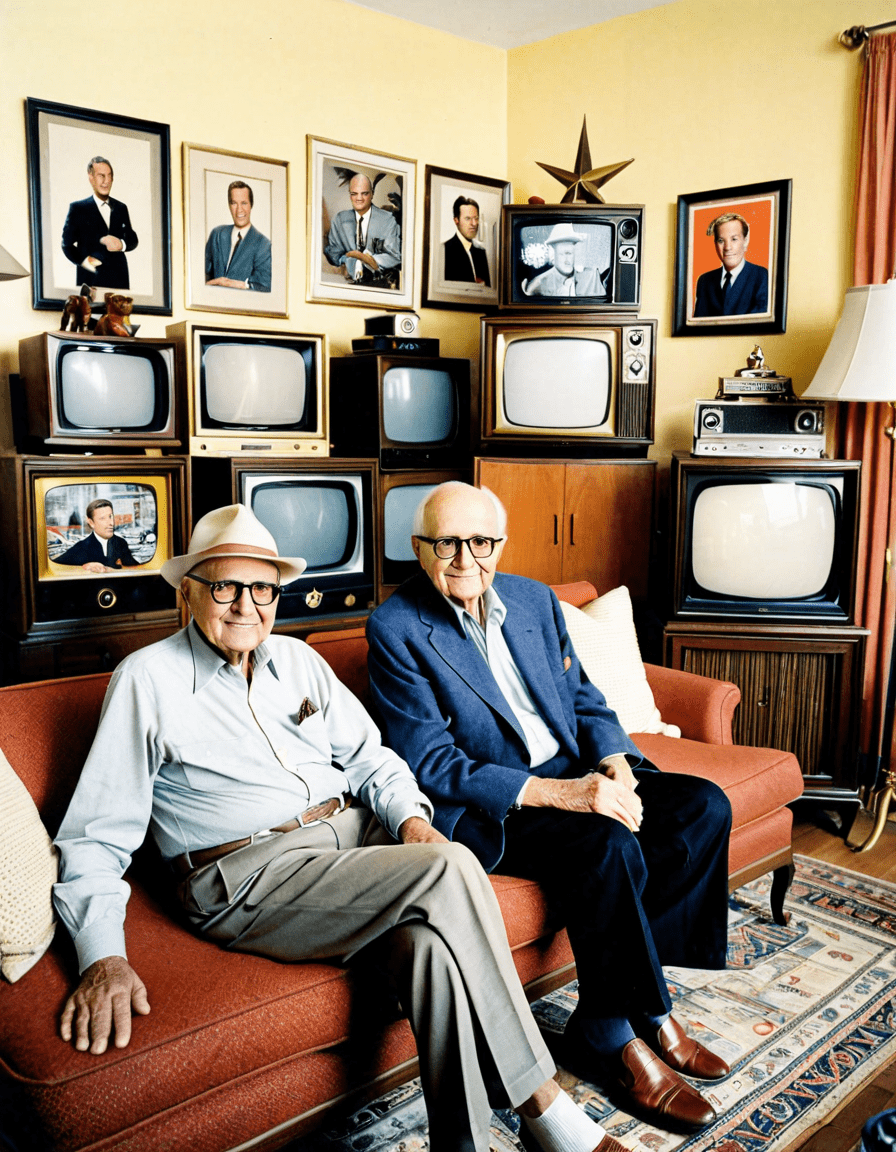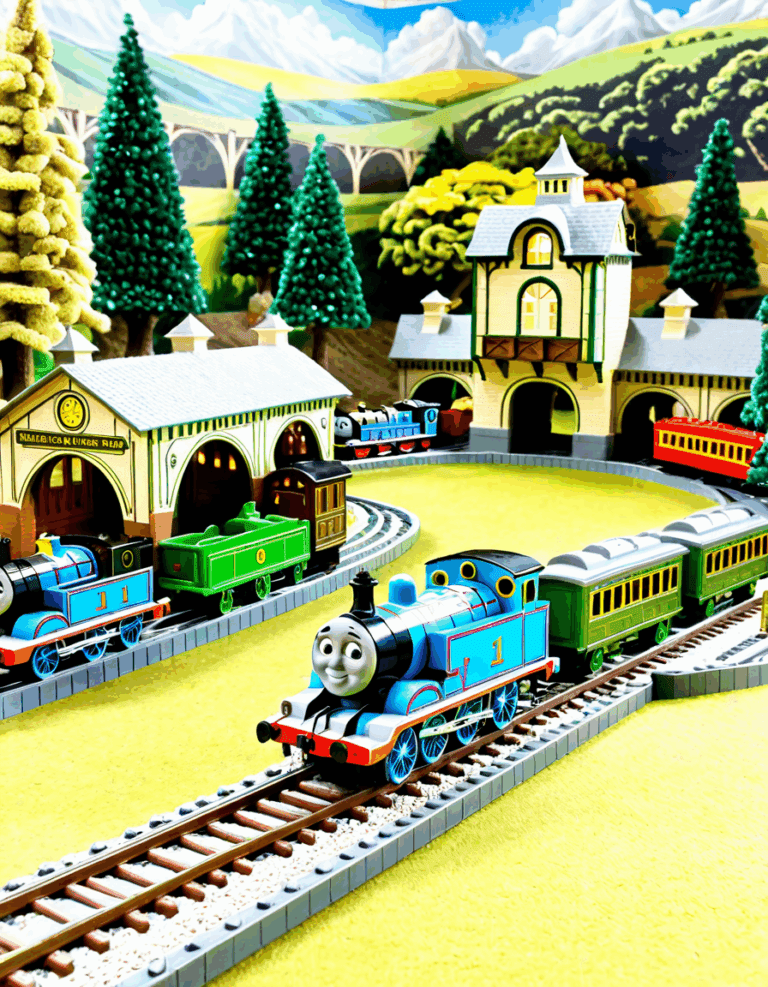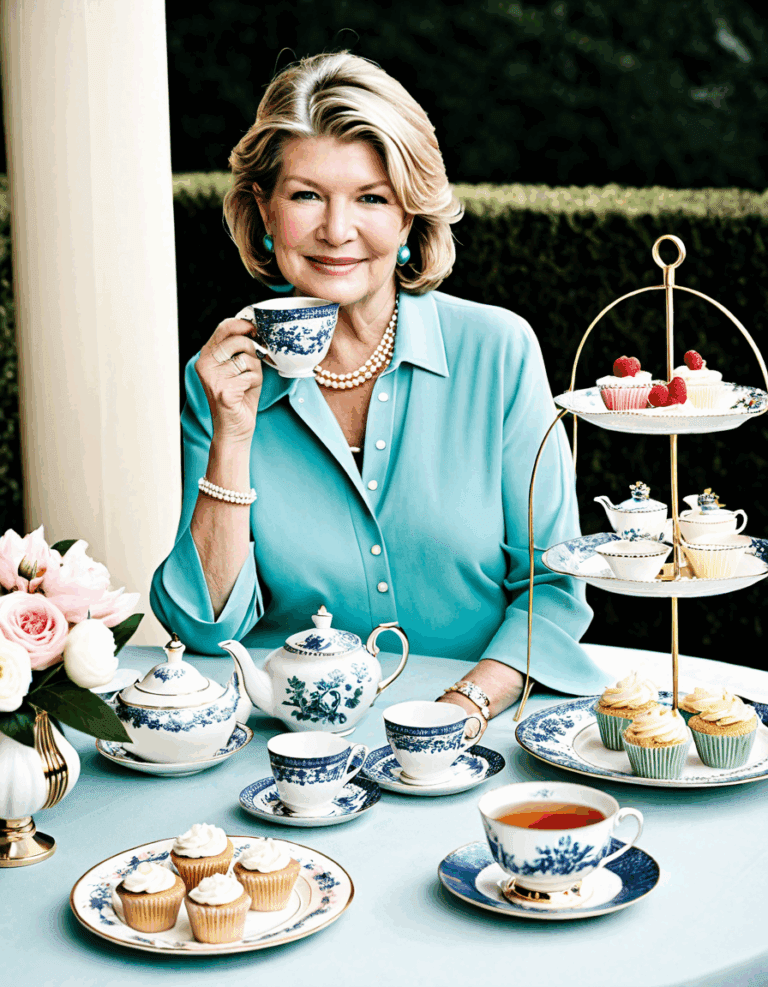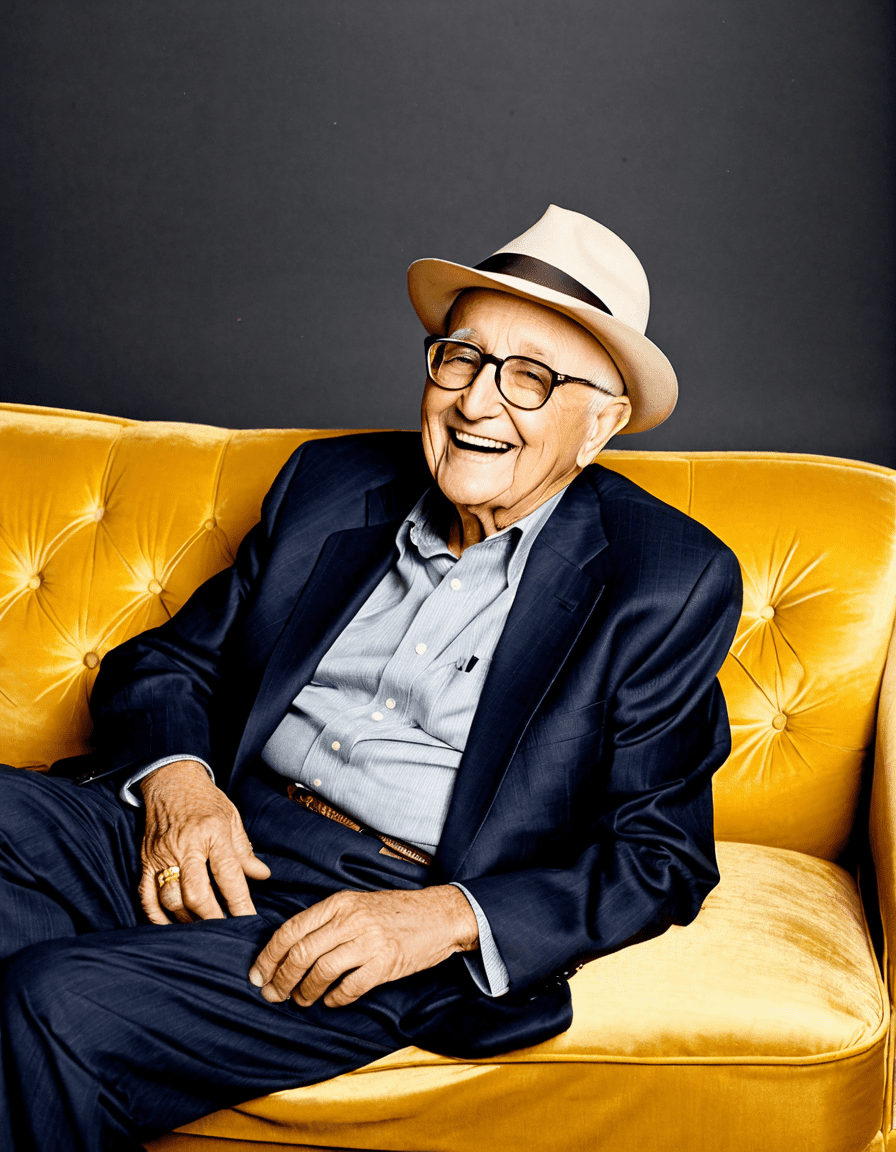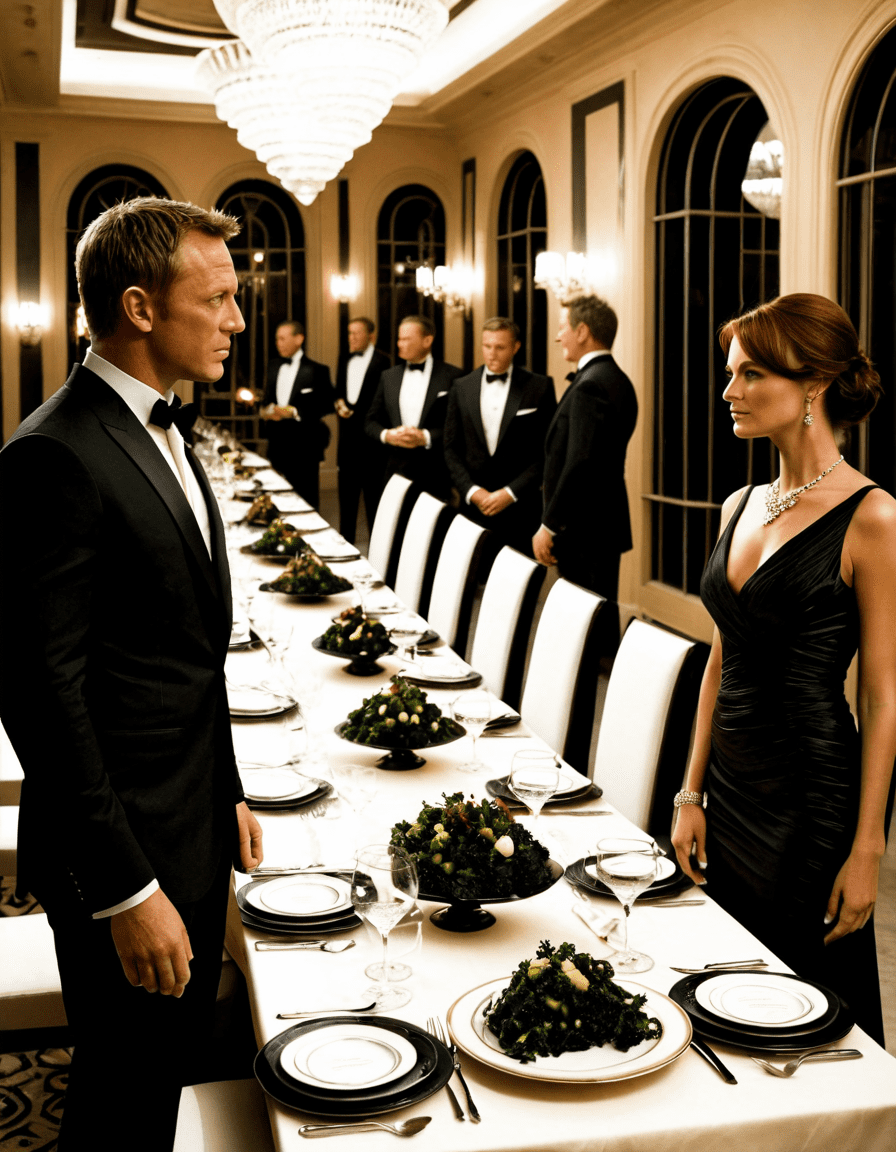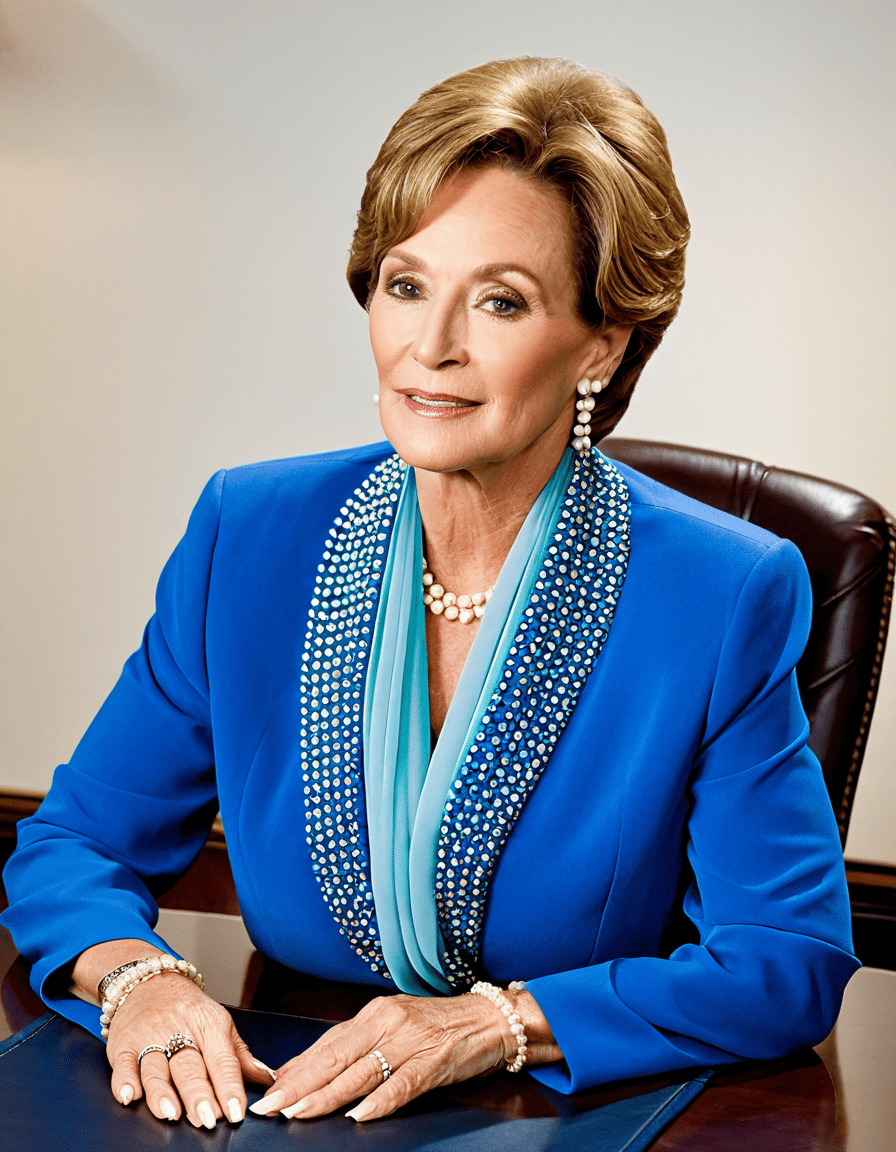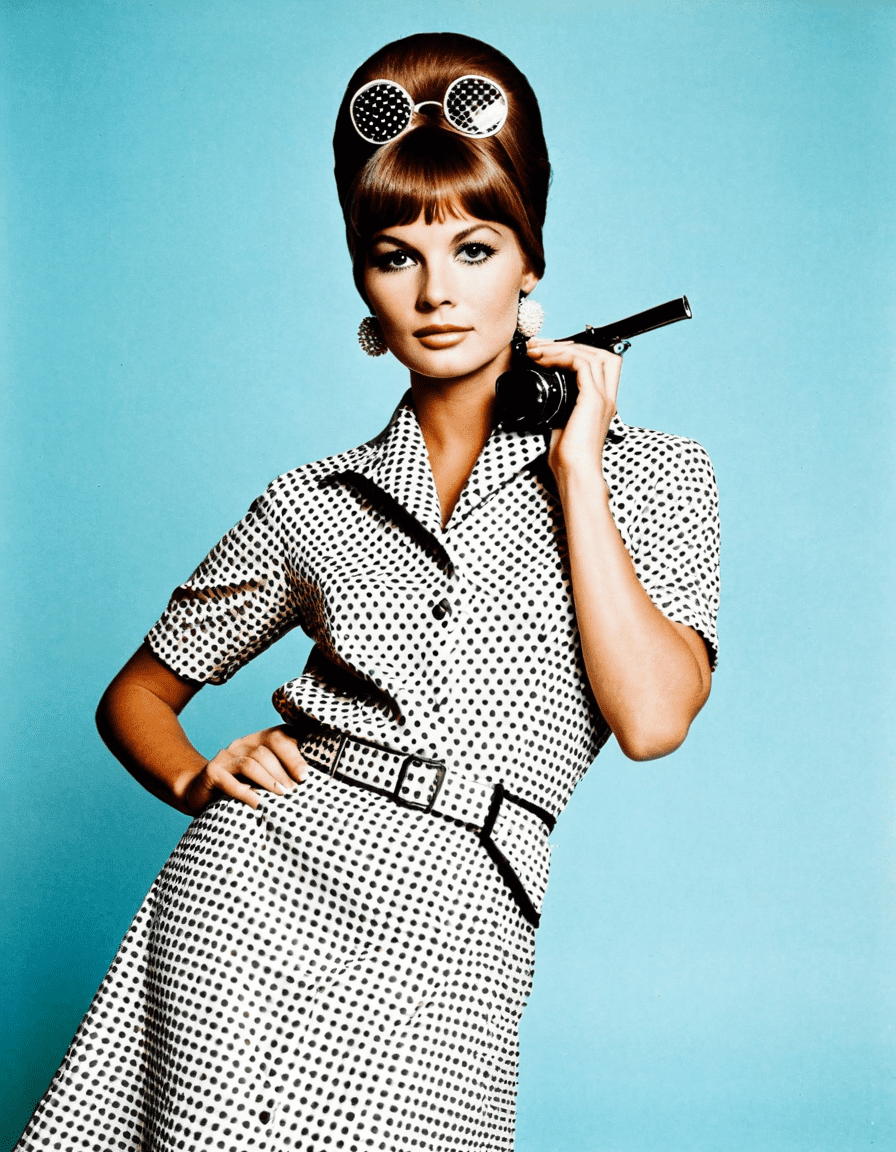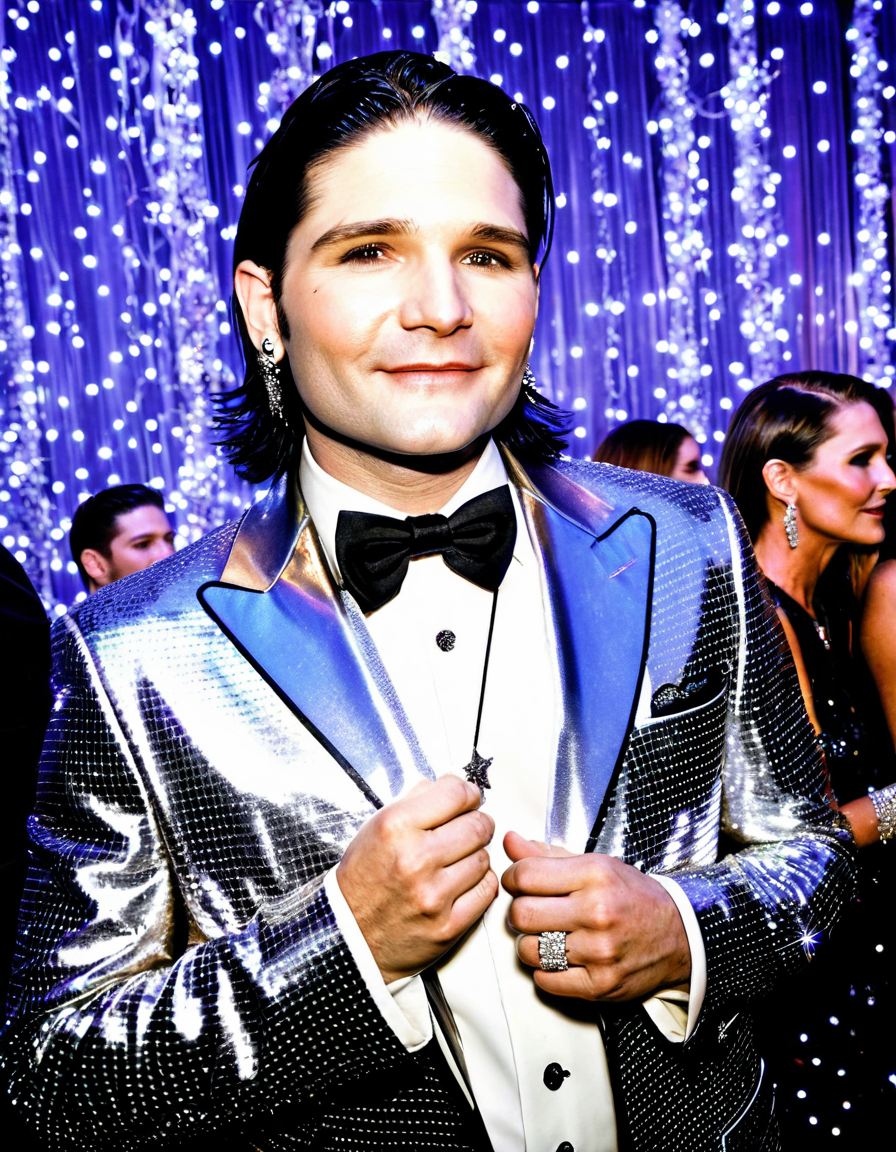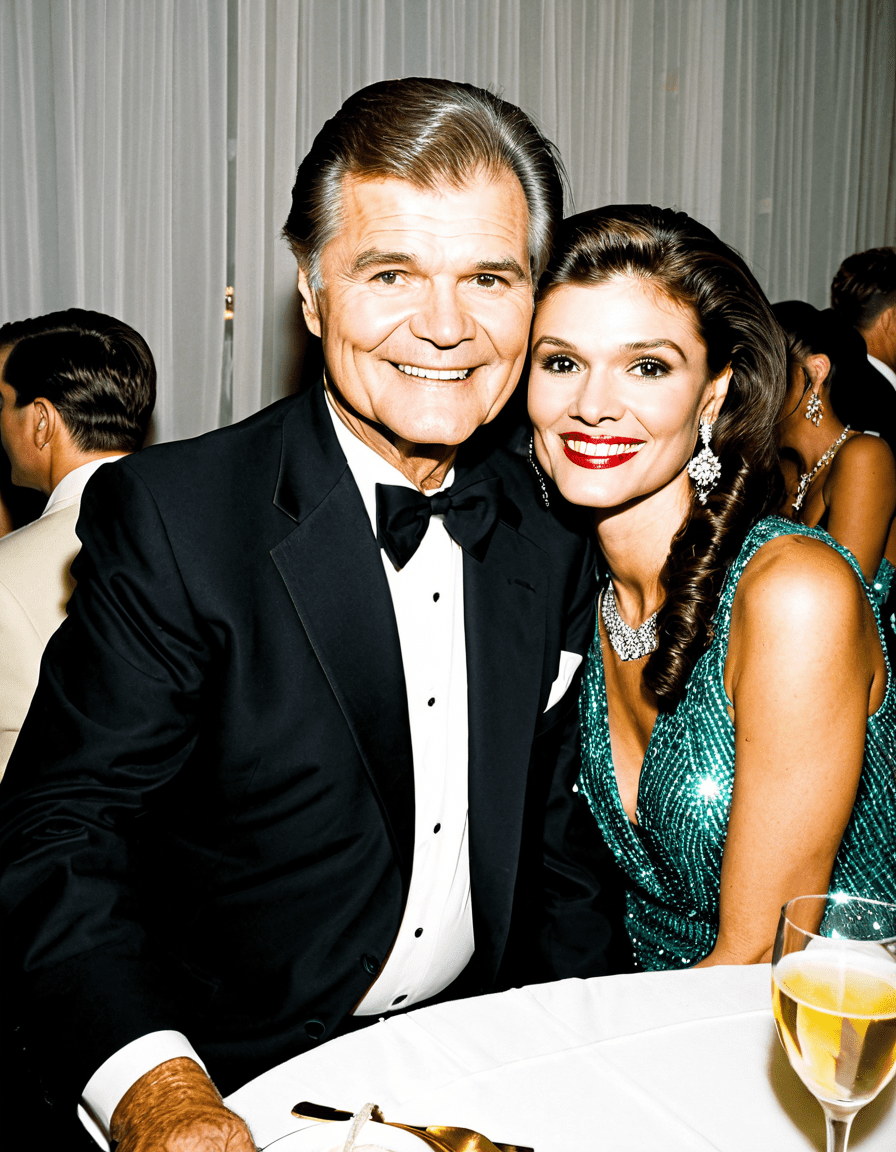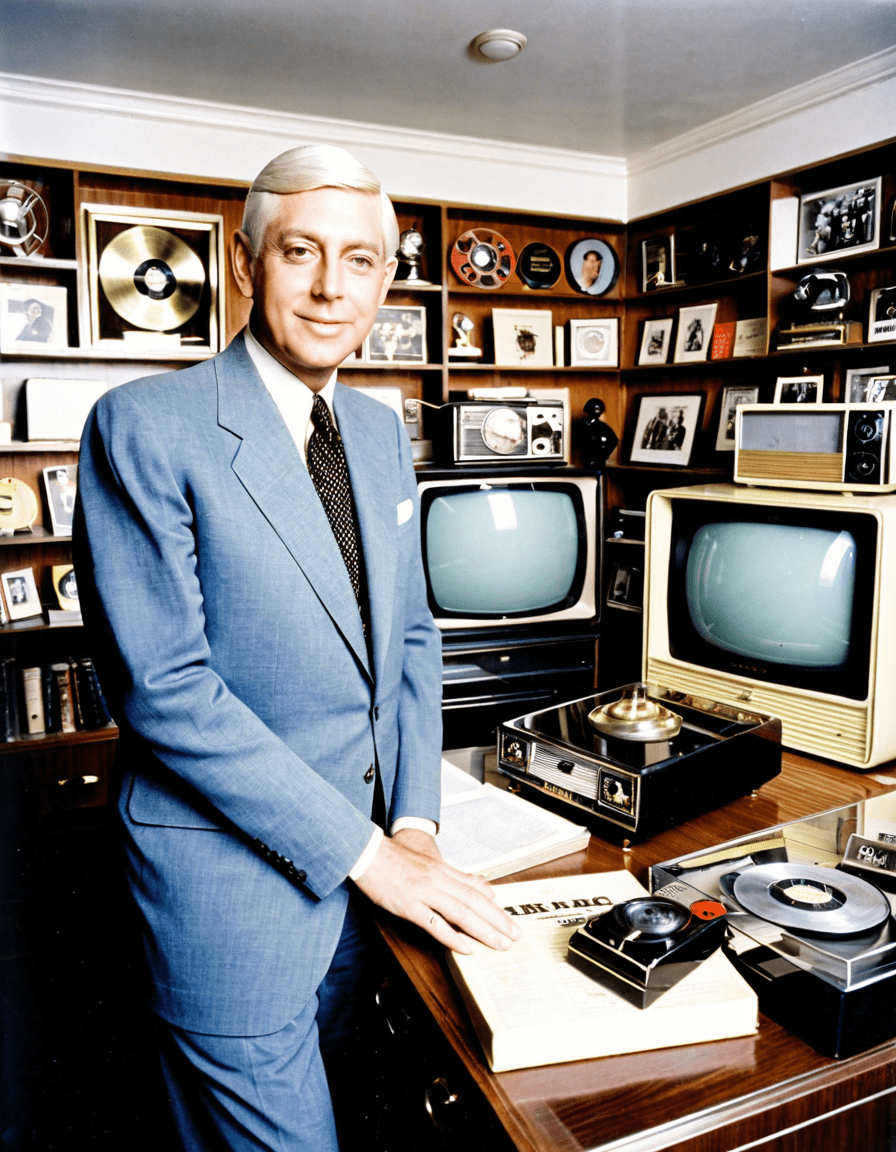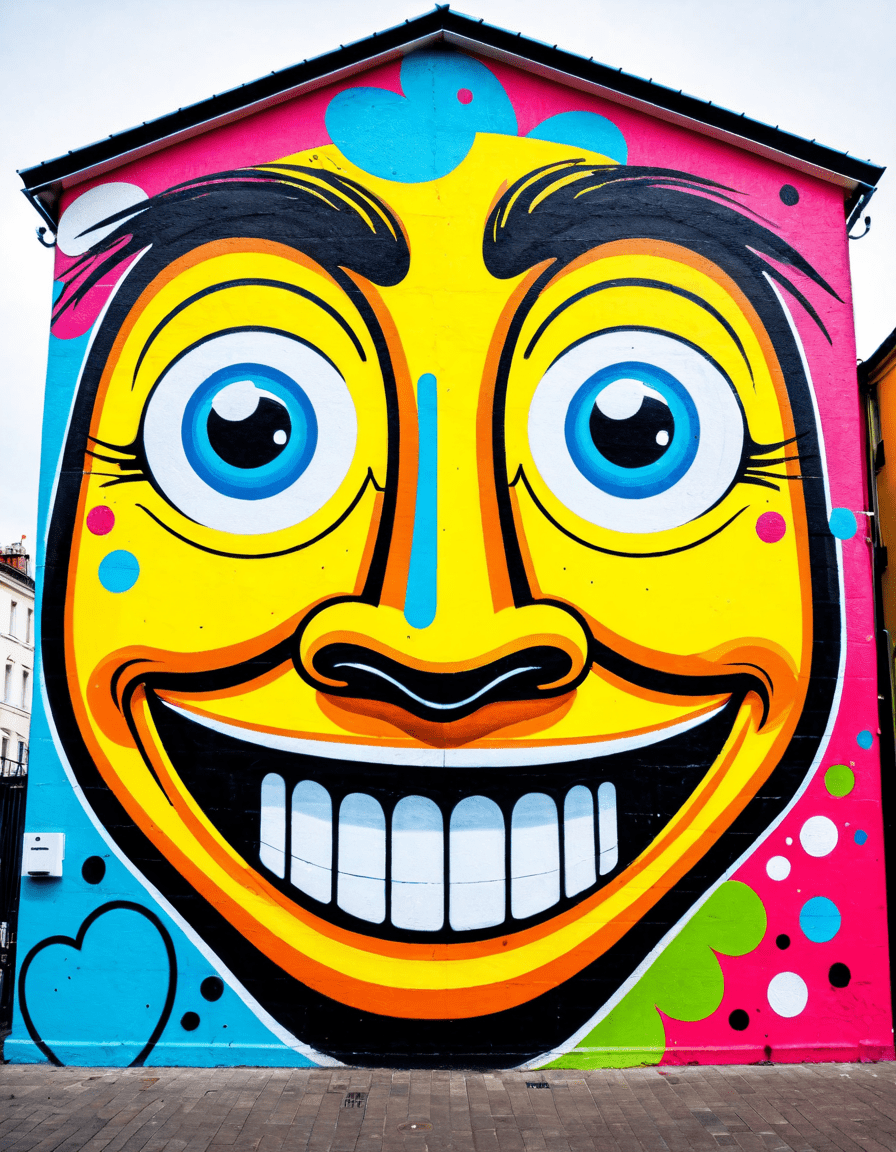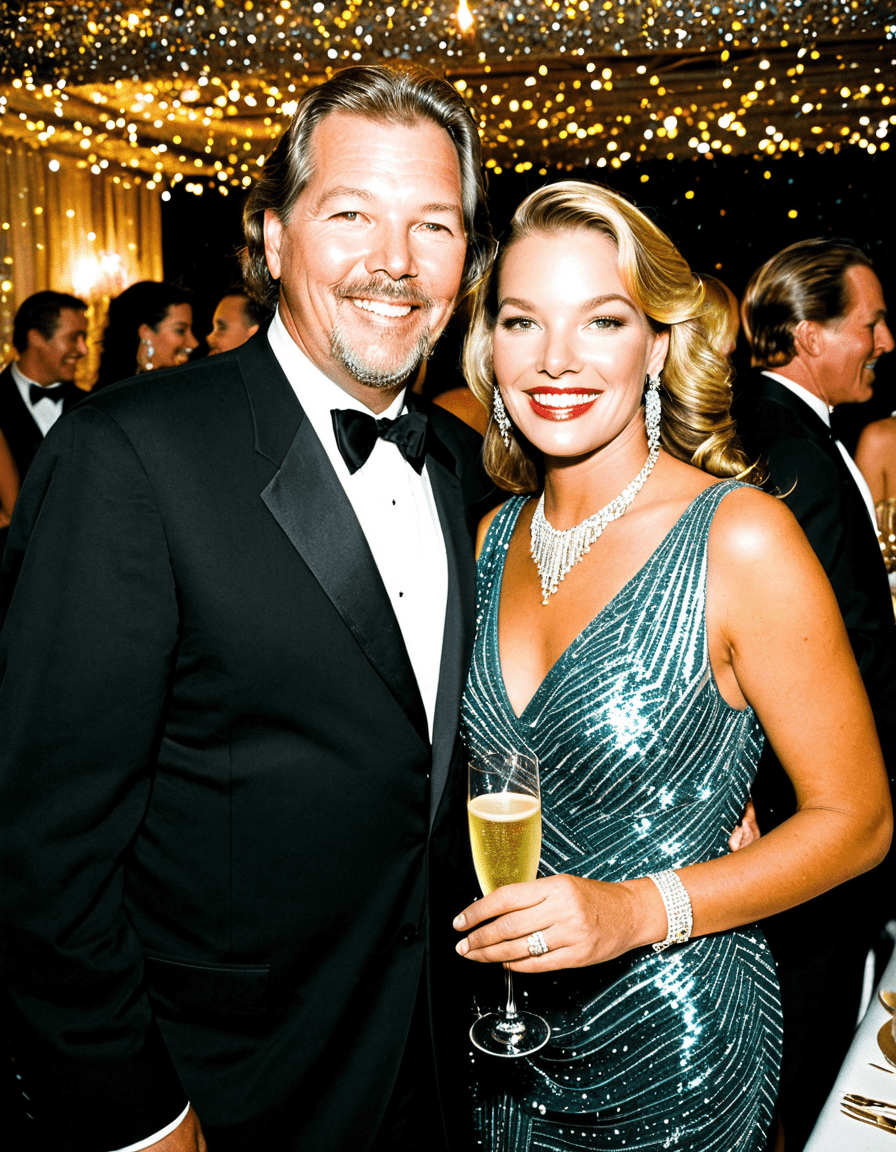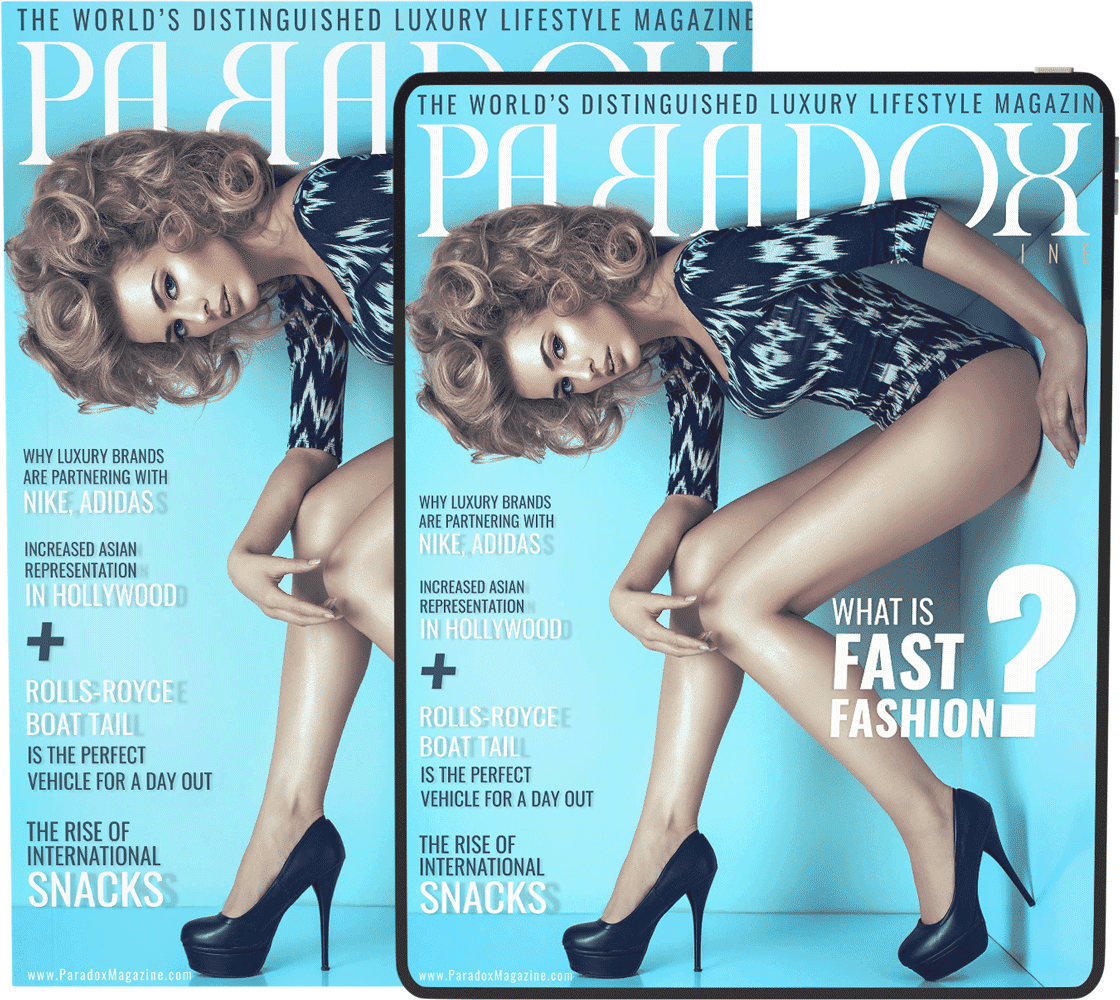Norman Lear is a name that resonates with the heartbeat of American television. This legendary producer, writer, and director has revolutionized the fabric of comedy, weaving together humor and social issues into a tapestry of unforgettable storytelling. Lear’s brilliance hasn’t just entertained us; it’s driven critical conversations about race, gender, and the human experience. Join me as we explore seven iconic ways Norman Lear redefined comedy for generations, proving that laughter can indeed spark change.
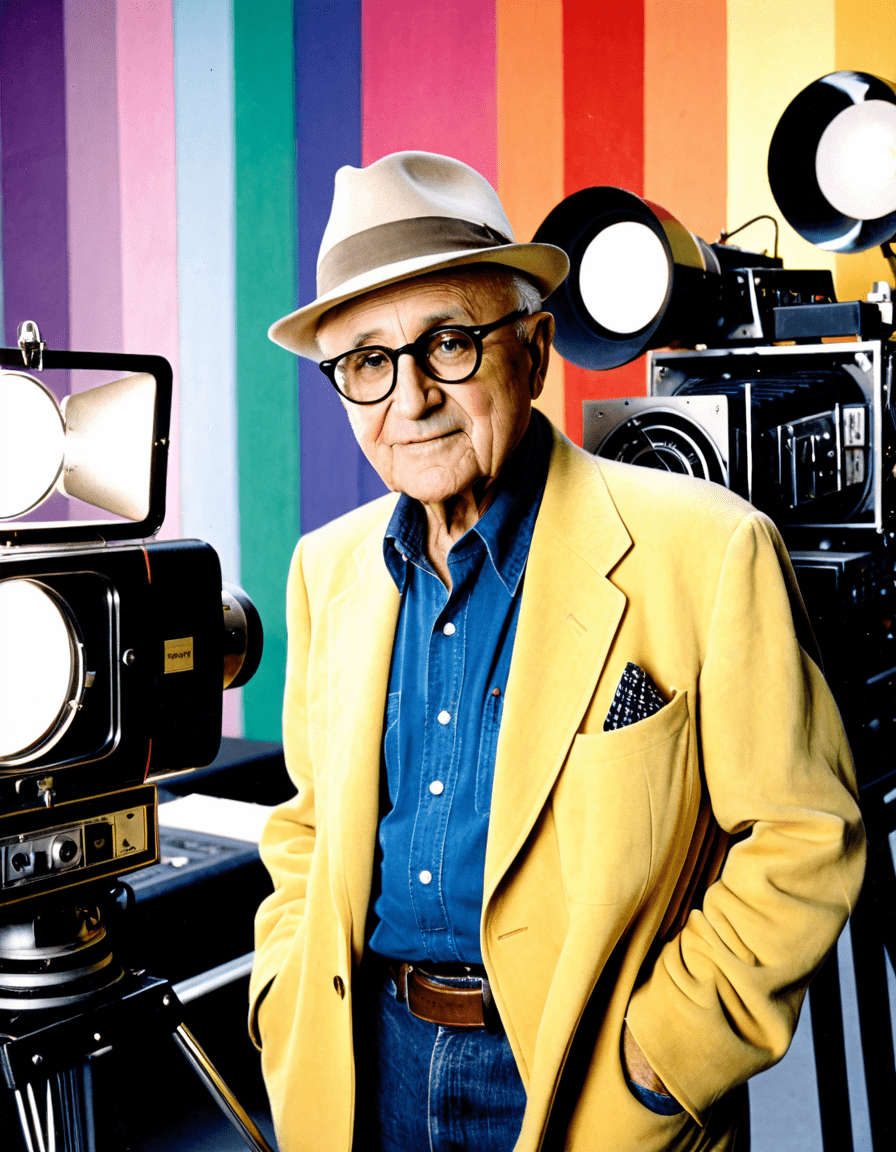
7 Ways Norman Lear Redefined Comedy for Generations
1. Breaking Social Taboos with ‘All in the Family’
When ‘All in the Family’ debuted in 1971, it wasn’t just another TV show; it was a movement. Norman Lear introduced us to Archie Bunker, an unapologetically bigoted character who became a vehicle for discussing societal issues head-on. Lear didn’t shy away from race, gender, or politics—he made them the crux of American entertainment. By blending laughter and tough conversations, he broke boundaries that many thought were unbreakable.
It’s hard to imagine the cultural landscape of television without Lear’s pioneering approach. He provided a template that has influenced not just later sitcoms but entire generations of writers. Just think about how shows like The Fresh Prince of Bel-Air, which spoke to race and identity, took a cue from Lear’s trailblazing format.
2. Diversity in Storytelling: A Model for Ensembles
Norman Lear didn’t just toss a few diverse characters into his shows; he made them central to the narrative. In The Jeffersons and Maude, he painted a rich tableau of American life with characters from various backgrounds, illustrating the complexity of the human experience. This storytelling style set the stage for contemporary creators like Donald Glover, whose Atlanta mirrors the struggles and vibrancy of Black culture in modern America.
Lear’s ensembles are a reminder that diversity enriches stories beyond the superficial. It’s about nuance, authenticity, and demonstrating that every voice counts. The timeless relevance of Maude, handled with deftness and insight, laid down the groundwork for programs aimed at discussing identity and culture—an achievement that’s alive and well today.
3. The Evolution of the Sitcom
Before Norman Lear, sitcoms could feel like a collection of punchlines strung together. But with his innovative touch, he changed that trajectory. He introduced narratives steeped in conflict and reality, making viewers both laugh and reflect. Think about how shows like This Is Us blend emotional storytelling with humor, a style Lear pioneered decades ago.
Such evolution didn’t happen by accident. Lear understood that sitcoms could be a platform for exploring deep themes without sacrificing humor. This approach invites us in and engages us at a personal level. It’s worth noting how these storytelling elements resonate in today’s television, transforming expectations of what a sitcom can achieve.
4. Political Satire as a Norm
Lear unleashed a wave of political satire that made it a staple in comedy. His commitment to addressing feminism, mental health, and social justice sharply turned the lens on societal issues. One Day at a Time, another of his masterpieces, tackled themes of the immigrant experience, infused with nuance, sensitivity, and of course, humor.
The impact of Lear wanes in things like Saturday Night Live and Last Week Tonight with John Oliver, where humor is not merely entertainment; it’s a confrontation of the status quo. Lear’s work has taught us that laughter can serve as both a shield and a sword, helping us navigate uncomfortable truths while remaining engaged with the world.
5. Philanthropy and Activism
Beyond the screen, Lear stands as a beacon of activism. His advocacy for elder rights and mental health issues proved that his commitment to social change extends beyond storytelling. He passionately uses his platform to reflect on issues that resonate deeply with audiences today.
Current creators like Donald Glover and James Franco echo this spirit, engaging in charitable efforts and using their influence to illuminate crucial social narratives. It’s this beautiful intertwining of art and activism that stays true to the heart of Lear’s vision, reinforcing the notion that entertainment can indeed change lives.
6. Innovative Storytelling Techniques
Norman Lear pushed the envelope on character development, challenging the norm with multi-dimensional stories that evolved over time. This shift in storytelling was critical and laid the groundwork for series like Breaking Bad, where the progression of characters engages viewers in a meaningful journey.
The delayed gratification of character arcs Lear introduced redefined what it means to narrate a story on screen. Lear showed us that each character can encapsulate complexities and real-life struggles, a narrative richness that draws today’s audiences in like never before.
7. Cultural Legacy and Continued Relevance
Fast forward to today, and Norman Lear’s impact remains palpable. The revival of One Day at a Time on Netflix showcases how his groundbreaking storytelling still resonates. In an ever-shifting cultural landscape, Lear’s work cultivates dialogue between generations, highlighting the timelessness of his ideas.
Whether it’s the nostalgia of his original series or the modern retellings, learners always weave that thread of connection that binds audiences across ages. His legacy is not just a relic of the past; it is a continuation of a vibrant conversation that remains alive and well.
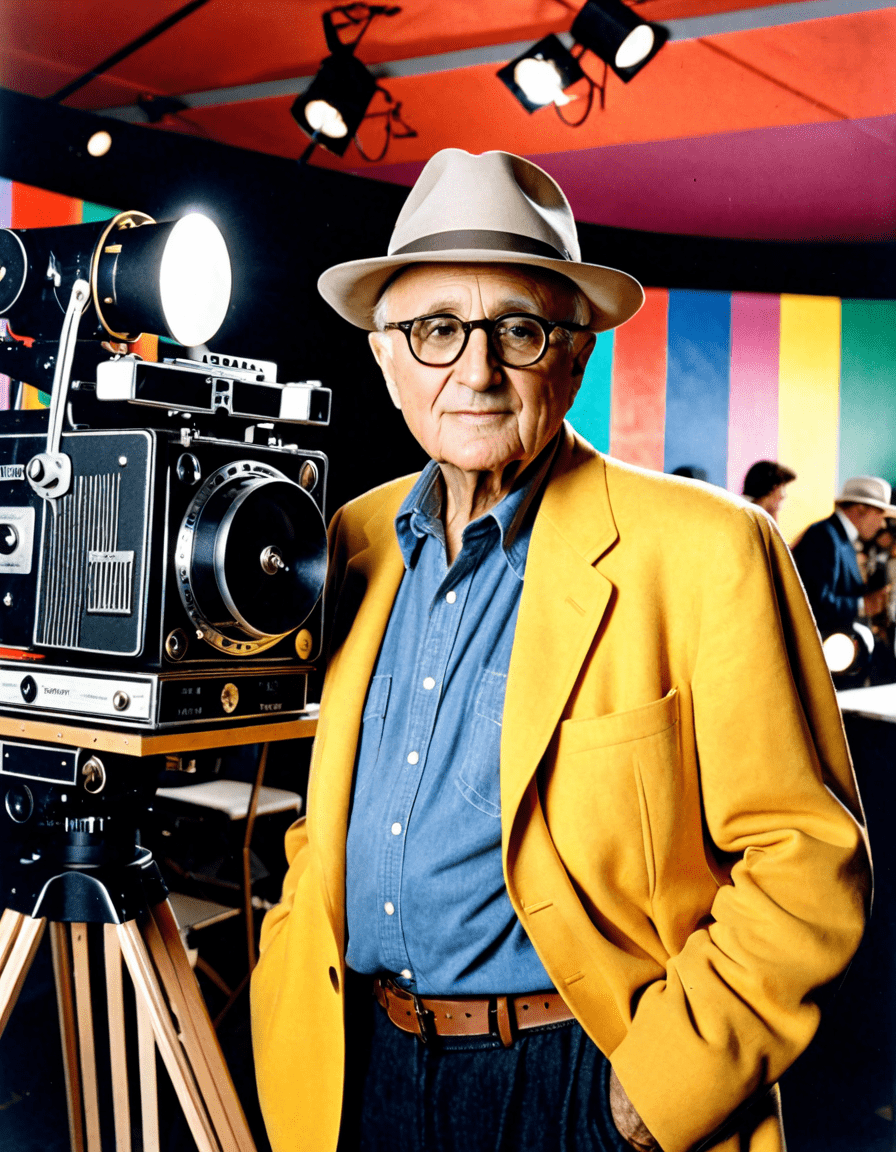
The Lasting Impact of Norman Lear’s Vision on Modern Comedy
As we dive deeper into the world of television today, Norman Lear’s revolutionary spirit continues to illuminate our screens. He championed the notion that creators have a responsibility to capture the intricacies of human life, encouraging new voices like Donald Glover and James Franco to fearlessly mine the depths of comedy and social commentary.
Lear’s ethos upholds the idea that television can embody issues that matter, acting as both a mirror and a megaphone for societal change. So, let’s celebrate this trailblazer and his legacy—because without Norman Lear, the very fabric of television comedy might look quite different.
What are your thoughts on Lear’s influence on modern comedy? Let’s keep the conversation going—after all, in this fabulous narrative of life, we all have a voice worth hearing.
Norman Lear: A Revolutionary Force in Television Comedy
Breaking the Mold in Comedy
Norman Lear’s impact on television comedy is nothing short of revolutionary. He made us laugh while tackling real issues that mattered. Did you know that his groundbreaking sitcoms, like “All in the Family,” changed the landscape of television by addressing topics such as racism and gender equality? Lear wasn’t afraid to pick at the threads of social justice and humor, making his shows feel like a reflection of everyday life. In fact, his ability to combine serious themes with comedy felt like hitting the jackpot, much like the surprise success of a well-crafted film. Lear’s audacity reminds us of the unpredictability of a Giants quarterback making a daring play.
A Diverse Cast of Characters
Norman Lear didn’t just write for laughs—he created a diverse ensemble of characters that resonated with many viewers. For example, the casting choices were spot-on, featuring talents like Orson Bean, who brought depth and flair to his roles. It’s fascinating to think about how these characters were more than just funny; they were relatable figures that addressed everything from economics to family dysfunction, much like the touching stories found in children’s shows like Thomas And Friends. Lear’s refusal to shy away from tough topics opened doors for future shows and films, ensuring that comedy could be both entertaining and enlightening.
The Legacy Lives On
Even now, Lear’s influence can be seen in modern productions, from rave successes like Bridgerton to nostalgia-driven reboots. His work laid the groundwork for future writers and creators looking to sprinkle humor into life’s messiness, much like a refreshing Mocktail that adds zest to any gathering. As we delve into the world of television, it’s clear that Lear’s contributions are immortal, shining through generations of comedy where writers have sought to explore stories as rich as those in the Princess Diaries 2 cast. Let’s celebrate a man who turned the simple act of laughter into a powerful force for change, proving that television can be a platform not just for entertainment but for reflection and growth.
